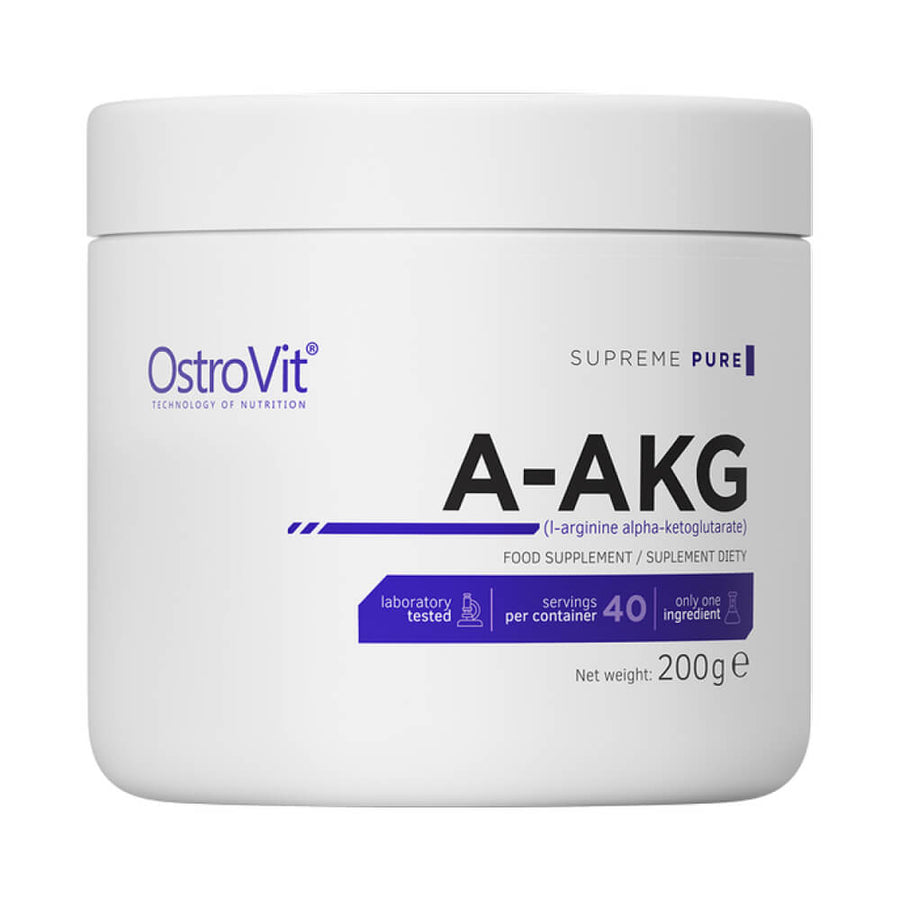Arginine - what it is, benefits, role in the functioning of the body + sources

Arginine is an amino acid, respectively an element that is part of the protein structure. Amino acids are of two types: essential and non-essential. Non-essential amino acids are produced in the body, but essential amino acids cannot be produced. As such, they must be ensured through food intake or supplements.
Arginine is considered semi-essential or conditionally essential, which means that it becomes essential in certain circumstances and conditions, including in the case of pregnancy, childhood - during growth, serious diseases and traumas.
content
1. About arginine - benefits

Arginine supplements are taken by many categories of people, including athletes and those suffering from certain medical conditions, such as high blood pressure, for a variety of reasons. They are also used in the clinical environment to treat people in critical condition or those with wounds. Scientific data from research and studies have shown that arginine is beneficial for the body when used as a supplement, having multiple positive effects.
Some studies suggest that arginine supplements can help increase physical performance by increasing the level of nitric oxide in the body, which improves blood flow and muscle oxygenation.
For example, a clinical trial that enrolled 56 male soccer players found that treatment with 2 grams of arginine daily for 45 days significantly increased athletic performance compared to a placebo group.
The main benefits of arginine
Regulation of blood pressure
Arginine supplements may be beneficial for people with high blood pressure. Studies have shown that taking arginine supplements can help lower both systolic blood pressure (top figure) and diastolic blood pressure (bottom figure). Arginine is necessary for the production of nitric oxide, which is used to relax the cells that make up blood vessels, as well as to regulate blood pressure.
Management of serious illness
Arginine becomes essential when your body is compromised due to conditions such as infections and traumas, and the need for arginine increases significantly due to physiological demands. In these circumstances, the body can no longer provide you with the necessary arginine, which must be supplemented from sources such as health supplements .
Depletion of arginine levels in the body during a serious illness or after surgery leads to serious adverse effects, including impairment of immune function and blood flow. To avoid these potential complications, arginine supplements are frequently used in the clinical setting to alleviate a variety of conditions.
Regulating blood sugar levels
Research shows that arginine can be beneficial for those suffering from diabetes by improving glucose metabolism and insulin sensitivity. Arginine is essential for the production of nitric oxide. Nitric oxide plays important roles in cellular function and how the body responds to insulin, a hormone that transports sugar from the blood into the cells, where it is used for energy. Therefore, increasing the availability of nitric oxide can help improve the function of cells that secrete insulin and help the body use blood sugar more efficiently.
Some research has shown that long-term treatment with arginine supplements can prevent diabetes in at-risk populations. A study in a group of people with problems with blood sugar regulation found that taking 6.4 grams of arginine per day for 18 months reduced the chance of developing diabetes over a 90-month period, compared to a group placebo.
In addition to the benefits listed above, some research suggests that arginine supplements may be helpful when used in the following ways:
Improvement of blood flow. Some evidence suggests that L-arginine supplements may improve blood vessel function and blood flow.
Treatment of erectile dysfunction. Several specialized studies have shown that taking arginine supplements significantly improved erectile dysfunction, compared to a placebo or no treatment.
Treatment and prevention of preeclampsia. Studies have shown that treatment with L-arginine during pregnancy can help prevent and treat preeclampsia, a dangerous condition characterized by high blood pressure and protein in the urine.
Arginine has been studied for its potential beneficial effects on several conditions, including obesity, heart disease, cancer, polycystic ovary syndrome, infertility and anxiety, either used alone or in combination with other supplements.
2. Arginine - roles in the body and sources

Arginine is required for the production of nitric oxide, a signaling molecule indispensable for a variety of processes and functions, including regulation of blood flow, mitochondrial function and cellular communication.
In addition, it acts as a precursor for other amino acids, including glutamate, proline and creatine, and is essential for the health and functioning of the immune system.
Because arginine has so many important roles, a deficiency of this amino acid can disrupt cell and organ function and lead to serious adverse health outcomes.
Arginine is produced in several ways. It can be synthesized from the amino acid citrulline through the breakdown of proteins in the body or it can be obtained through the intake of proteins from food.
It is concentrated in certain protein-rich foods, including meat, dairy products, nuts, soy products and fish. The average daily intake of arginine from food is estimated at 4-6 grams.
As a reference, research shows that a typical Western diet provides between 25-30% of the total arginine required by the body.
Arginine supplements are widely available and can be found in powder, liquid, capsule, and tablet form in grocery stores and supplement stores, including online.
So, if you have a diet from which you don't think you can get a sufficient amount of arginine, supplements can be the second best option. Do not forget that supplements cannot replace a varied and balanced diet!
Photo source: Pixabay.com

























